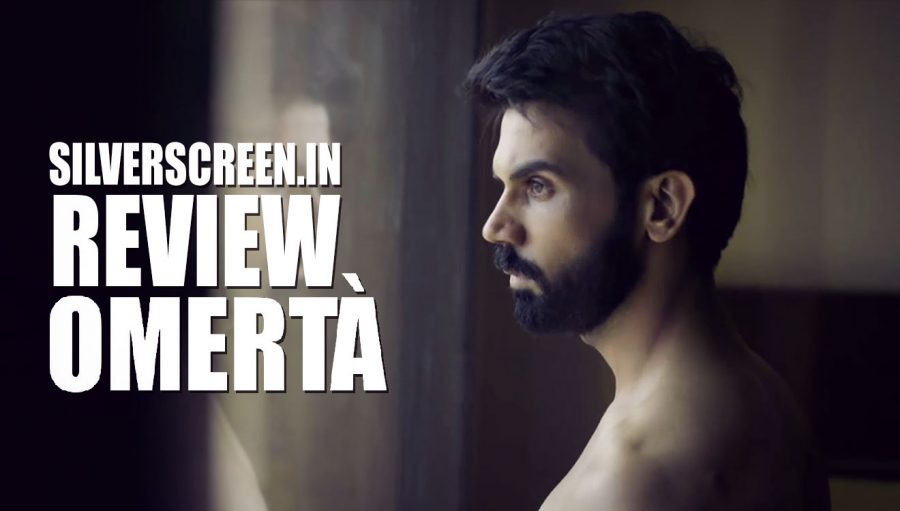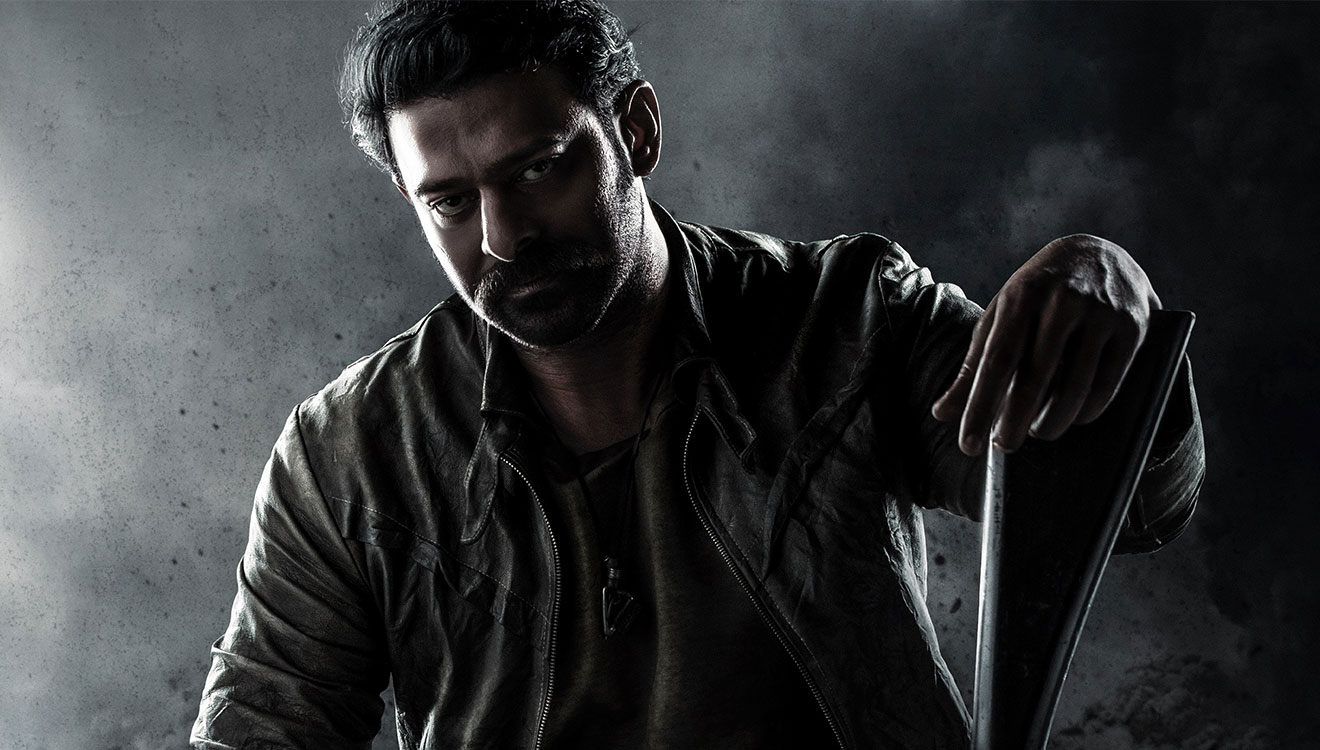Ahmed Omar Saeed Sheikh, under the alias of Rohit Verma, smoothly kidnaps three British tourists from the densely-populated Paharganj area of Delhi. The captives are scared out of their minds when they realise their predicament. Wielding a gun in front of them, the first thing Omar assures his prisoners is that they have nothing to fear. Sure, because being terrified at looking down the barrel of the gun is merely an overreaction. That’s Omar Sheikh, the Pakistani British terrorist, who is currently languishing in a Karachi prison, awaiting his death sentence.
With a biopic like Omerta, the challenge lies in not glamourising the subject or using jingoism as a crutch to drive the narrative, and Hansal Mehta steers clear of it. He doesn’t demonise Omar either. He leaves the judgment to the audience and presents the story without the slightest dramatisation or theatrics. At some places, it stops being a feature film and resembles a documentary on terror cells and the radicalisation of its recruits. This detached note makes the film work, but it also leads to the risk of it failing to connect with a mainstream audience.
The pace of the film is uneven, probably because there was a lot of ground to cover. It rushes past scenes dealing with the arrest of Omar after the kidnappings come to light or his release from Tihar Jail after the hijack of Indian Airlines Flight 814 from Nepal. This chapter in history is looked upon as a failure of Indian diplomacy when the Government of India agreed to free Saeed, Maulana Masood Azhar and Mushtaq Ahmed Zargar in exchange for the hostages. There are scenes, however, where Mehta takes his time to unfold the story, like in the training camps in the treacherous terrain of Afghanistan where the new jihadis are promised 72 virgins in heaven for their sacrifice and hyperbolic speeches are made against America and India’s wrongful claim on Kashmir.
Aditya Warrior’s sharp editing makes the film edgy. The scene where Omar laboriously decapitates slain American journalist Daniel Pearl is brutal to experience. All you see is Rajkummar Rao on screen accompanied by the extremely discomfiting sound of a knife hacking through flesh and, subsequently, blood gushing.
***
Rao is currently one of Bollywood’s finest actors. He is at home both in mainstream movies such as Bareilly Ki Barfi and off-beat cinema such as Newton or Trapped. Credit goes to Mehta for giving films such as Shahid, Aligarh and now Omerta to a gifted actor like Rao, and letting him sink his teeth into these characters.
Rao owns the steely-eyed, impervious and inscrutable Omar. His satisfied grin after Pearl’s execution makes you hate him. He makes the innocent act of drinking milk look menacing. The only actor who can notch it up is probably the brilliant Christoph Waltz as Hans Landa in the Inglorious Basterds. At the same time, you can’t help admire Omar’s idealism when he schools a jail inmate on why it’s his duty to keep roza. What makes this character even more chilling is that he doesn’t have a tragic backstory of injustice and discrimination. He simply reigns terror as a solution to a complex world order.
Recommended
But, what the filmmaker and the lead actor fail to convey is why an educated, good-natured Muslim from a privileged family would want to tread the path of jihad. The film shows that Omar, deeply affected by the ethnic cleansing of Bosnian Muslims, drops out of London School of Economics and joins the cause. The film fleetingly shows aspects of Omar’s life, his love for chess and arm-wrestling, him becoming a pawn to Pakistan’s ISI but the driving force behind his radicalisation remains a mystery.
Perhaps this hesitation in scratching beyond the surface explains the film’s title. Omerta is the word for a code of silence among the Italian mafia about criminal activity and a refusal to give evidence to the police. In this case, the code of silence even applies to fleshing out a character on whom reams have been dedicated.
*****



